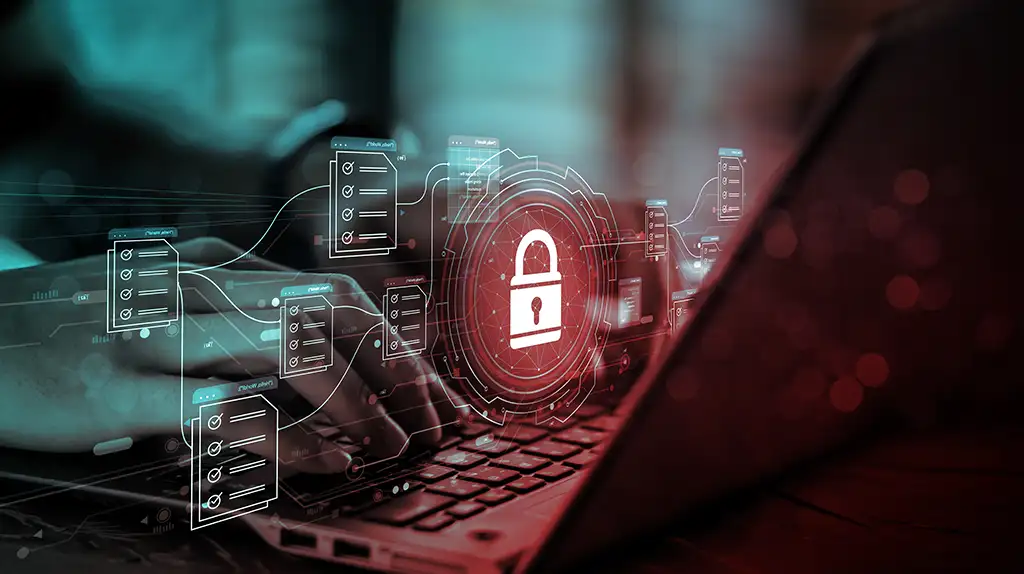
The Invisible Achilles’ Heel of German Industry
In spring 2025, a mid-sized high-tech company in Baden-Württemberg – specialized in sensor-based control systems for industrial automation – became the target of a coordinated social engineering attack. An external service provider, allegedly commissioned to conduct an ESG audit, gained access to sensitive project data related to a dual-use civil-military research initiative by carefully cultivating trust. It wasn’t until weeks later that the company’s internal security officer noticed excerpts from confidential conversations and documents – including undisclosed partner affiliations and technical details – cited in a foreign industry newsletter. Internally, the incident was dismissed as a reputational issue; no formal complaint was filed. But the real damage was strategic: loss of competitive edge, shaken trust among partners, and a lasting breach in supply chain confidence – especially with public-sector clients.
Now internally referred to as the “ESG case,” the incident highlights a risk still widely underestimated among German SMEs: the absence of structured security protocols outside traditional government or defense contexts. For many executives, “industrial security” still conjures Cold War imagery – steel safes, classified files, and government seals. What’s often overlooked is that modern competitiveness relies just as much on protecting knowledge as it does on creating it.
Today, industrial security is no longer the exclusive domain of defense contractors or corporations with classified contracts. In a globalized, digitized, and geopolitically volatile world, it concerns any company working with proprietary research, unique technologies, or international clients – especially in sectors like semiconductors, mechanical engineering, quantum tech, or biotech. The line between state-sponsored espionage and economic intelligence is increasingly blurred. With the EU’s Critical Technologies Watchlist drawing attention, one thing is clear: Europe’s industrial core is under scrutiny.
More than that: security is becoming a business differentiator. Increasingly, public-sector clients – not just in defense – demand verifiable standards in IT security, physical access control, and employee training in counterintelligence and information protection. For many companies, the barrier to entry is no longer price – it’s compliance.
But effective protection doesn’t start with high-security rooms or encryption protocols. It starts with a simple question:
- What information is truly worth protecting?
- What defines your competitive advantage?
- Which client or partner data is bound by confidentiality?
- What internal processes might attract hostile interest?
Only by answering these questions can companies build tailored, embedded security strategies – not as bureaucratic overhead, but as part of their operational DNA.
What’s needed is a shift in mindset: from reactive damage control to a proactive, integrated security culture. That means clear responsibilities, technical and organizational safeguards, and leadership that understands: investing in information protection is as critical as investing in new markets or technologies.
Security isn’t a compliance checkbox. It’s a leadership responsibility. Companies that embrace this won’t just be less vulnerable – they’ll remain trusted partners in sensitive, future-defining innovation.
Because the future of industry won’t be decided in the cloud alone – but also behind closed doors. Where discretion, integrity, and protection determine whether knowledge becomes value – or someone else’s gain.
How T60 Supports Companies
At T60, we support organizations at the intersection of technology, organization, and security. We help companies systematically identify sensitive information, develop risk-based protection strategies, and integrate them seamlessly – both technically and organizationally – into existing structures. From security architecture and process analysis to operational implementation and employee awareness, we provide end-to-end support.
Our strength lies in combining strategic consulting with hands-on execution – ensuring that security becomes not a barrier, but a catalyst for your transformation.
Felix Juhl

